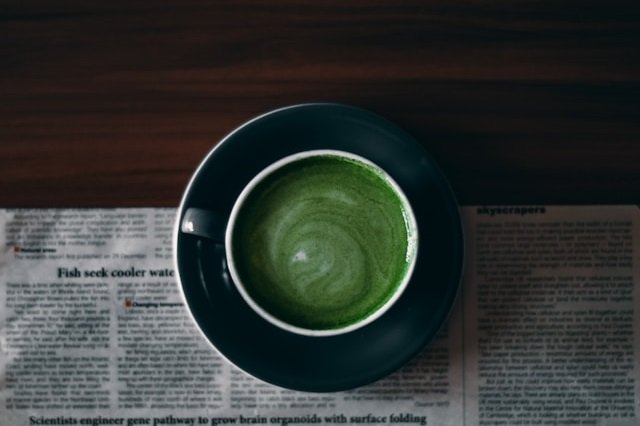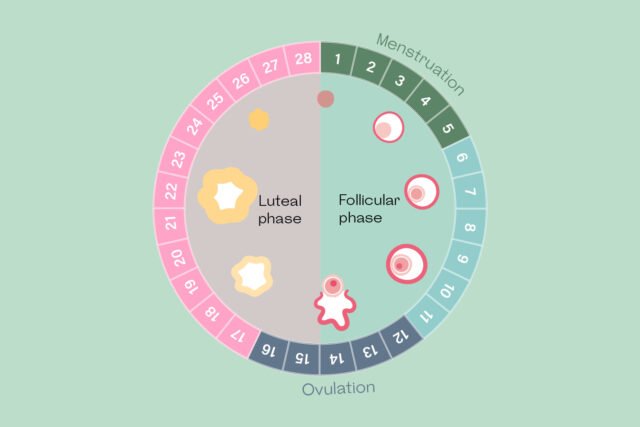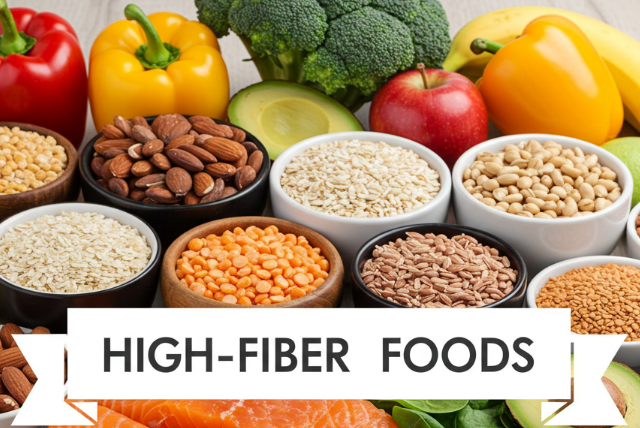
*This post may contain affiliate links. Read more.*
Introduction: The Superfood You Didn’t Know You Needed
In recent years, matcha green tea has exploded in popularity, not only for its vibrant green color and unique flavor but also for its incredible health and beauty benefits. This powdered form of green tea is rich in antioxidants, supports metabolism, and even enhances mental clarity. But that’s not all: matcha is also being used in beauty routines for its potential to promote glowing skin and healthy hair. Ready to unlock its full potential? Here’s why matcha green tea should be your new superfood.
The Science Behind Matcha Green Tea: Why It Works
Matcha’s primary selling point is its exceptional concentration of antioxidants, particularly epigallocatechin gallate (EGCG). These powerful compounds help neutralize free radicals in the body, potentially lowering the risk of chronic diseases, improving heart health, and even supporting healthy aging. Plus, matcha is consumed in its whole-leaf form, which means you get a more concentrated dose of nutrients than traditional green tea.
What sets matcha apart from other teas is the way it’s grown and processed. The tea plants used for matcha are grown in the shade for a few weeks before harvest. This process increases the chlorophyll content, which gives matcha its bright green color. It also boosts the production of amino acids, particularly L-theanine, which helps promote calmness and focus.
Key Benefits Supported by Research:
Rich in Antioxidants: Studies show that the catechins in matcha, especially EGCG, play a significant role in reducing inflammation and protecting the body from oxidative stress. This makes matcha a fantastic choice for anyone looking to boost their immunity and fight aging. EGCG is one of the most powerful antioxidants, and matcha contains a much higher concentration than regular green tea.
Cognitive and Cardiovascular Health: According to research from Harvard T.H. Chan School of Public Health, regular consumption of matcha may enhance cognitive function, promote cardiovascular health, and improve gut microbiome composition. As the study states:
“Daily consumption of matcha may support brain health, increase cognitive function, and help improve overall well-being”
This makes matcha a valuable addition for those looking to improve focus, mental clarity, and heart health.
Boosts Metabolism and Weight Loss: Matcha has been shown to help increase metabolism and fat burning. A study published in the American Journal of Clinical Nutrition found that green tea extract (rich in catechins like those found in matcha) significantly increased calorie burning and fat oxidation. Regular consumption of matcha can help complement a balanced diet and exercise routine.
Beauty Applications: Matcha isn’t just a wellness drink; it’s also finding its way into skincare products due to its anti-inflammatory and antioxidant properties. It’s becoming a go-to ingredient for promoting healthy, glowing skin and improving hair strength. Studies suggest that matcha’s antioxidants and anti-inflammatory properties may be beneficial for skincare, helping reduce signs of aging and maintaining a youthful appearance. Many skincare brands are now incorporating matcha into their products to combat oxidative stress and enhance skin health.
How to Incorporate Matcha into Your Routine
The beauty of matcha is in its versatility. Here are a few ways to add it to your daily routine:
Skincare: Matcha can be applied directly to the skin in face masks or used in exfoliating scrubs. Many skincare products, like matcha-infused creams and serums, are designed to nourish the skin with its antioxidants.icant improvement in my focus and mental clarity throughout the day. It’s also fantastic for my skincare routine, and I’ve seen visible improvements in my skin’s radiance and texture. If you’re looking for a matcha that delivers both health benefits and a great taste, this is the one I recommend.
Matcha Tea: The traditional way to enjoy matcha is by whisking it into hot water. This provides a calm energy boost without the jitters commonly associated with coffee.
Matcha Lattes: A matcha latte combines matcha powder with frothed milk (dairy or non-dairy). You can sweeten it to taste with honey or a sugar substitute.
Matcha Smoothies: Add matcha powder to your favorite smoothie recipes for an extra antioxidant boost. It pairs well with fruits like bananas, berries, or citrus.
Baking with Matcha: If you’re a baker, try adding matcha powder to your muffin, pancake, or cookie recipes for a unique flavor and an antioxidant-packed treat.
Conclusion: A Simple, Effective Addition to Your Routine
Matcha green tea isn’t just a trend; it’s a powerhouse ingredient packed with health, beauty, and wellness benefits. Whether you’re enjoying a cup as part of your morning routine or incorporating it into your skincare regimen, the advantages are clear. From improved cognitive function to healthier skin and hair, matcha is a superfood that deserves a spot in your daily life.
What You Can Do Next
If you’re interested in incorporating matcha into your routine, look for organic, high-quality matcha powder from reputable sources. Always ensure that you’re buying matcha from trusted suppliers to get the full benefits of its antioxidant-rich properties.
Key Takeaways:
- Matcha is an excellent source of antioxidants, which help protect the body from oxidative stress.
- Consuming matcha regularly could promote cognitive and cardiovascular health.
- It’s also used in skincare for its anti-inflammatory and antioxidant benefits.
Final Thought:
Matcha is an excellent superfood to consider adding to your wellness routine. Its rich nutrient profile offers numerous potential benefits for both health and beauty. Whether you prefer it in a cup of tea or as part of your skincare regimen, matcha’s versatility and health benefits make it a worthy addition to your daily routine.
#antioxidants #hair health #healthy beverages #matcha benefits #nutrition tips #skincare #superfoods










